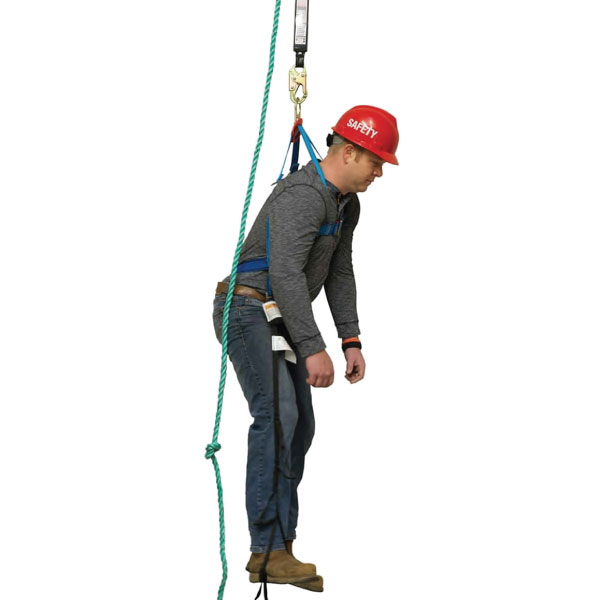Don’t let a lapse in calibration risk the accuracy and reliability of your pressure gauges!
Pressure gauges are critical components in various industries, from manufacturing and oil & gas to pharmaceuticals, Defence, Aviation and food production. They help ensure that processes are running smoothly and safely by providing real-time pressure data.
Over time, however, pressure gauges can become less accurate due to wear and tear or environmental factors. Regular calibration is essential to maintaining their accuracy and reliability. Here are the top five reasons why you should continue to calibrate your pressure gauges.
1. Ensuring the Safety of Equipment and Personnel
Safety is the most critical reason for calibrating pressure gauges. In high-pressure environments, even minor inaccuracies can lead to potentially dangerous situations. For instance, if a gauge reads lower than the actual pressure, operators might think conditions are safe when they are, in reality, far from it. This can lead to equipment malfunctions, leaks, or even catastrophic failures that endanger both personnel and equipment.
Regular calibration ensures that gauges provide accurate readings, helping to prevent over-pressurization and related hazards. In industries where high-pressure systems are the norm, this routine maintenance can be the difference between a safe operation and a potentially life-threatening situation.
2. Maintaining Compliance with Industry Standards and Regulations
Many industries are subject to strict regulations that require regular pressure gauge calibration. For example, sectors like pharmaceuticals, oil & gas, and food production have regulatory standards (such as ISO, ANSI, and ASME) that mandate calibration to ensure operational accuracy and safety. Failing to meet these standards can lead to fines, production shutdowns, or loss of certification, impacting both a company’s bottom line and reputation.
By adhering to a regular calibration schedule, companies maintain compliance with these regulations, avoiding penalties and ensuring they continue to meet the strict requirements of their respective industries.
3. Improving Process Efficiency and Product Quality
Pressure plays a significant role in many production processes, from controlling the flow of materials to maintaining product consistency. When gauges aren’t accurate, it can lead to inefficiencies, product quality issues, or excessive material usage. For instance, in the food industry, incorrect pressure levels could result in under- or overcooking products, compromising taste and quality. In chemical processing, inconsistent pressure can lead to poor-quality compounds, impacting both yield and profitability.
4. Reducing Unplanned Downtime and Maintenance Costs
Inaccurate pressure gauges can lead to equipment strain, increased wear, and even unexpected breakdowns. When systems operate under incorrect pressures, they’re more likely to experience stress that leads to component failure. Unplanned downtime not only disrupts production but can also be costly, especially if repairs are extensive or if replacement parts are expensive.
Regular calibration can reduce maintenance costs and prevent unplanned downtime by catching gauge inaccuracies early. By addressing small calibration errors before they escalate, companies can avoid costly repairs and production delays.
5. Enhancing Operational Confidence and Decision-Making
Accurate data is crucial for making informed decisions in any industrial environment. When pressure readings are trustworthy, operators can confidently adjust processes, conduct assessments, and make changes based on reliable information. On the other hand, uncertain or inaccurate readings can lead to second-guessing and conservative decision-making, which might slow down processes or lead to operational inefficiencies.
Calibrated gauges enhance operational confidence, allowing teams to focus on optimizing processes and making timely decisions rather than questioning the accuracy of their tools.
Conclusion
Pressure Calibration is an essential part of maintaining a safe, compliant, and efficient operation. Regular calibration ensures that gauges provide accurate readings, supporting process control, product quality, and cost efficiency. By making calibration a priority, companies can not only protect their equipment and personnel but also stay competitive in their industry. Investing in a robust pressure calibration program is a small step that yields significant returns—safeguarding safety, enhancing product quality, and ensuring compliance.
Consider Aegis Sales & Service for your Standard Traceable or NATA accredited Pressure calibration.











